Black Sabbath - Black Box: The Complete Original Black Sabbath 1970-1978 [8CD Remastered Box Set] (2004)
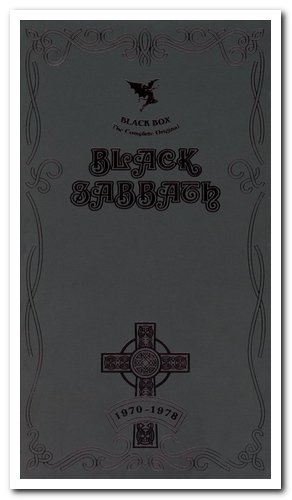
Artist: Black Sabbath
Title: Black Box: The Complete Original Black Sabbath 1970-1978
Year Of Release: 2004
Label: Rhino Records / Warner Bros. Records [R2 73923]
Genre: Classic Rock, Hard Rock, Heavy Metal
Quality: 320 kbps / FLAC (tracks+cue, log, scans)
Total Time: 5:35:52
Total Size: 796 mb / 2.28 gb
WebSite: Album Preview
Title: Black Box: The Complete Original Black Sabbath 1970-1978
Year Of Release: 2004
Label: Rhino Records / Warner Bros. Records [R2 73923]
Genre: Classic Rock, Hard Rock, Heavy Metal
Quality: 320 kbps / FLAC (tracks+cue, log, scans)
Total Time: 5:35:52
Total Size: 796 mb / 2.28 gb
WebSite: Album Preview
Everybody knows that Black Sabbath's legacy rests on their first four albums -- after that, they lost their luster, or more precisely their mythic power. At their peak, which is how they are remembered, Sabbath were all about myth and power. Their very name had an ominous resonance, capturing their murky, foreboding sound perfectly. Taken at face value, the lyrics sung by Ozzy Osbourne were ridiculous, but delivered in his banshee wail and supported by the oozing, primeval sludge of the band, they could sound positively frightening, the last testament of man slowly being pulled into the dark corners of hell (there's something about their music that lends itself to florid writing, as well). That sound was intact on their 1970 debut, and it seemingly came out of nowhere. Sure, some psychedelic and acid rock bands were heavy, but nobody approached the gloom of Black Sabbath, nobody had the same sense of dread. Decades later, after years of airplay, after years of imitators, after their innovations have been assimilated, their music still sounds out of time, still sounds crushingly heavy and dark.
Of course, that sentiment doesn't apply to all of the music Black Sabbath made -- Osbourne left the band in 1978 and the band was never quite the same, but truth be told, Sabbath lost their mythic power long before Ozzy went solo. Starting with 1973's Sabbath Bloody Sabbath, the group began to stretch out a bit on their albums, giving guitarist Tony Iommi acoustic spotlights, weaving synthesizers into their tapestry of doom, gradually opening up the sound of their records so much that they no longer had their mystique. They still could sound like Sabbath, but they didn't much feel like Sabbath anymore, particularly on their last two LPs with Ozzy, 1976's Technical Ecstasy and 1978's Never Say Die! This is the part of Sabbath history fans conveniently forget when they celebrate the original lineup, but it's rightly on display on Rhino's lavish eight-CD box set Black Box: The Complete Original Black Sabbath 1970-1978. Since the original lineup does still retain a mythic aura, some listeners unfamiliar with the trajectory of the group's career might assume that the latter four albums are all as heavy as Paranoid, and the fact that they're not may be a surprise and it might not be an altogether unpleasant one, too. While conventional wisdom among fans and the band is that the last two records are travesties, they're not nearly as bad as their reputation would suggest. They're certainly not what anybody looking for prime Sabbath would want to hear, but the varied production makes for interesting, albeit dated, listens, while both Sabbath Bloody Sabbath and 1974's Sabotage strike an effective blend of heavy sludge and layered production. Yet no matter how good those two albums are -- and despite fan affection for them, they're underrated simply because they exist in the shadow of Paranoid and Master of Reality -- it's the first four that define Sabbath, and they all have aged very well. Yes, certain recording techniques and studio conventions now sound a little dated, but they retain their primal power.
Since the music is familiar, the real question with Black Box is whether the package itself is worth buying. The answer is a qualified yes. At first, it seems like there's not much need for the box, since these recordings have been reissued and packaged so many times it seems that the group has a provision in its contract demanding three new reissues in the U.K. every year. Plus, Rhino had released the excellent double-disc Symptom of the Universe in 2002, so not only were remasters easily available, but there was also a good compilation in the U.S. While all this is true, there's something to be said for getting all the material in one place, and there's little doubt that the package itself is worthwhile for fans willing to spend one hundred dollars for music they know by heart. The remastering is good, the digipacks are nicely done, the black velvet cover has good liner notes and testimonials from musicians, and the art direction cleverly is only in black and white, with not a color shot to be found in the whole 78-page book. Best of all, there's also a bonus DVD containing footage from the widely circulated "Live at the Beat Club" performance; it's only four tracks, but it's a great example of Sabbath at their prime, and it enriches this box. Ultimately, most listeners are going to be content with any of the classic four, but Black Box isn't meant for most listeners -- it's meant for the devoted, and this box lives up to their high expectations.
Of course, that sentiment doesn't apply to all of the music Black Sabbath made -- Osbourne left the band in 1978 and the band was never quite the same, but truth be told, Sabbath lost their mythic power long before Ozzy went solo. Starting with 1973's Sabbath Bloody Sabbath, the group began to stretch out a bit on their albums, giving guitarist Tony Iommi acoustic spotlights, weaving synthesizers into their tapestry of doom, gradually opening up the sound of their records so much that they no longer had their mystique. They still could sound like Sabbath, but they didn't much feel like Sabbath anymore, particularly on their last two LPs with Ozzy, 1976's Technical Ecstasy and 1978's Never Say Die! This is the part of Sabbath history fans conveniently forget when they celebrate the original lineup, but it's rightly on display on Rhino's lavish eight-CD box set Black Box: The Complete Original Black Sabbath 1970-1978. Since the original lineup does still retain a mythic aura, some listeners unfamiliar with the trajectory of the group's career might assume that the latter four albums are all as heavy as Paranoid, and the fact that they're not may be a surprise and it might not be an altogether unpleasant one, too. While conventional wisdom among fans and the band is that the last two records are travesties, they're not nearly as bad as their reputation would suggest. They're certainly not what anybody looking for prime Sabbath would want to hear, but the varied production makes for interesting, albeit dated, listens, while both Sabbath Bloody Sabbath and 1974's Sabotage strike an effective blend of heavy sludge and layered production. Yet no matter how good those two albums are -- and despite fan affection for them, they're underrated simply because they exist in the shadow of Paranoid and Master of Reality -- it's the first four that define Sabbath, and they all have aged very well. Yes, certain recording techniques and studio conventions now sound a little dated, but they retain their primal power.
Since the music is familiar, the real question with Black Box is whether the package itself is worth buying. The answer is a qualified yes. At first, it seems like there's not much need for the box, since these recordings have been reissued and packaged so many times it seems that the group has a provision in its contract demanding three new reissues in the U.K. every year. Plus, Rhino had released the excellent double-disc Symptom of the Universe in 2002, so not only were remasters easily available, but there was also a good compilation in the U.S. While all this is true, there's something to be said for getting all the material in one place, and there's little doubt that the package itself is worthwhile for fans willing to spend one hundred dollars for music they know by heart. The remastering is good, the digipacks are nicely done, the black velvet cover has good liner notes and testimonials from musicians, and the art direction cleverly is only in black and white, with not a color shot to be found in the whole 78-page book. Best of all, there's also a bonus DVD containing footage from the widely circulated "Live at the Beat Club" performance; it's only four tracks, but it's a great example of Sabbath at their prime, and it enriches this box. Ultimately, most listeners are going to be content with any of the classic four, but Black Box isn't meant for most listeners -- it's meant for the devoted, and this box lives up to their high expectations.
1970 Black Sabbath
1970 Paranoid
1971 Master of Reality
1972 Black Sabbath Vol 4
1973 Sabbath Bloody Sabbath
1975 Sabotage
1976 Technical Ecstasy
1978 Never Say Die!
:: TRACKLIST ::
1970 Black Sabbath
1-1 Black Sabbath 6:19
1-2 The Wizard 4:23
1-3 Wasp / Behind The Wall Of Sleep / Bassically / N.I.B. 9:44
1-4 Wicked World 4:46
1-5 A Bit Of Finger / Sleeping Village / Warning 14:16
1-6 Evil Woman 3:23
1970 Paranoid
2-1 War Pigs / Luke's Wall 7:57
2-2 Paranoid 2:52
2-3 Planet Caravan 4:32
2-4 Iron Man 5:58
2-5 Electric Funeral 4:52
2-6 Hand Of Doom 7:07
2-7 Rat Salad 2:31
2-8 Jack The Stripper / Fairies Wear Boots 6:15
1971 Master of Reality
3-1 Sweet Leaf 5:05
3-2 After Forever 5:27
3-3 Embryo 0:28
3-4 Children Of The Grave 5:17
3-5 Orchid 1:30
3-6 Lord Of This World 5:26
3-7 Solitude 5:02
3-8 Into The Void 6:13
1972 Black Sabbath Vol 4
4-1 Wheels Of Confusion / The Straightener 8:01
4-2 Tomorrow's Dream 3:11
4-3 Changes 4:44
4-4 FX 1:43
4-5 Supernaut 4:49
4-6 Snowblind 5:33
4.7 Cornucopia 3:54
4-8 Laguna Sunrise 2:55
4-9 St. Vitus' Dance 2:29
4-10 Under The Sun / Every Day Comes And Goes 5:52
1973 Sabbath Bloody Sabbath
5-1 Sabbath Bloody Sabbath 5:45
5-2 A National Acrobat 6:16
5-3 Fluff 4:11
5-4 Sabbra Cadabra 5:59
5-5 Killing Yourself To Live 5:41
5-6 Who Are You? 4:11
5-7 Looking For Today 5:06
5-8 Spiral Architect 5:29
1975 Sabotage
6-1 Hole In The Sky 3:59
6-2 Don't Start (Too Late) 0:49
6-3 Symptom Of The Universe 6:29
6-4 Megalomania 9:46
6-5 The Thrill Of It All 5:56
6-6 Supertzar 3:44
6-7 Am I Going Insane (Radio) 4:16
6-8 The Writ 8:45
1976 Technical Ecstas
7-1 Back Street Kids 3:47
7-2 You Won't Change Me 6:42
7-3 It's All Right 4:04
7-4 Gypsy 5:14
7-5 All Moving Parts (Stand Still) 5:07
7-6 Rock 'N' Roll Doctor 3:30
7-7 She's Gone 4:58
7-8 Dirty Women 7:13
1978 Never Say Die!
8-1 Never Say Die 3:49
8-2 Johnny Blade 6:28
8-3 Junior's Eyes 6:42
8-4 A Hard Road 6:04
8-5 Shock Wave 5:15
8-6 Air Dance 5:17
8-7 Over To You 5:22
8-8 Breakout 2:35
8-9 Swinging The Chain 4:17
Black Sabbath
Geezer Butler - bass
Tony Iommi - guitar
Ozzy Osbourne - lead vocals
Bill Ward - drums, percussion
Additional
Rick Wakeman - keyboards, organ, synthesizer (Sabbath Bloody Sabbath)
Gerald Woodruffe - keyboards (Technical Ecstasy)
Don Airey – keyboards (Never Say Die!)
John Elstar – harmonica (Never Say Die!)
Dan Hersch, Bill Inglot – remastering
![Gianluigi Trovesi - Cinque piccole storie (2026) [Hi-Res] Gianluigi Trovesi - Cinque piccole storie (2026) [Hi-Res]](https://img.israbox.com/img/2026-02/06/04dun4qdctri61rqigv8tm2is.jpg)
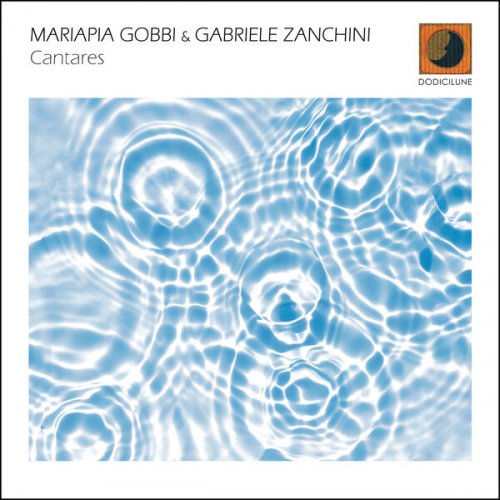
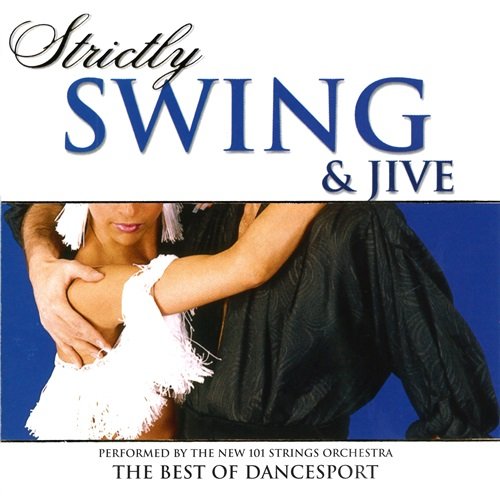


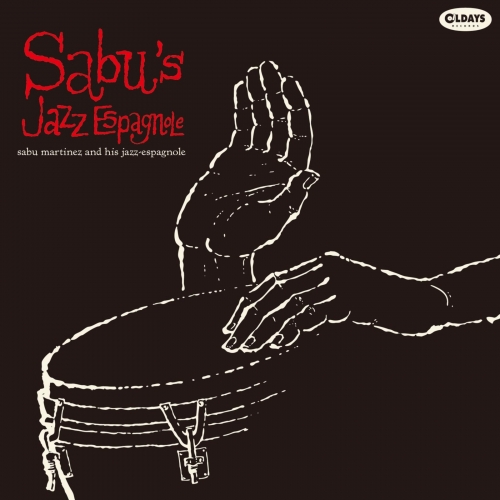
![Kannon - ...in a Sea of Fire (2026) [Hi-Res] Kannon - ...in a Sea of Fire (2026) [Hi-Res]](https://img.israbox.com/img/2026-02/06/031z27045ersqlp1m4v7qos7b.jpg)
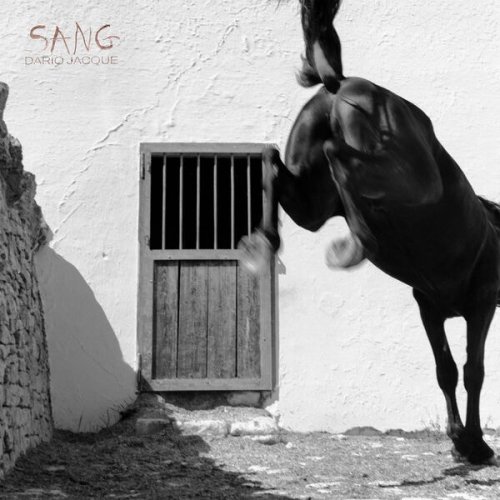
![David Buckley - The Lincoln Lawyer (Soundtrack from the Netflix Series) (2026) [Hi-Res] David Buckley - The Lincoln Lawyer (Soundtrack from the Netflix Series) (2026) [Hi-Res]](https://img.israbox.com/img/2026-02/04/vzp86w0v1k1yvpz6k1s70okfi.jpg)